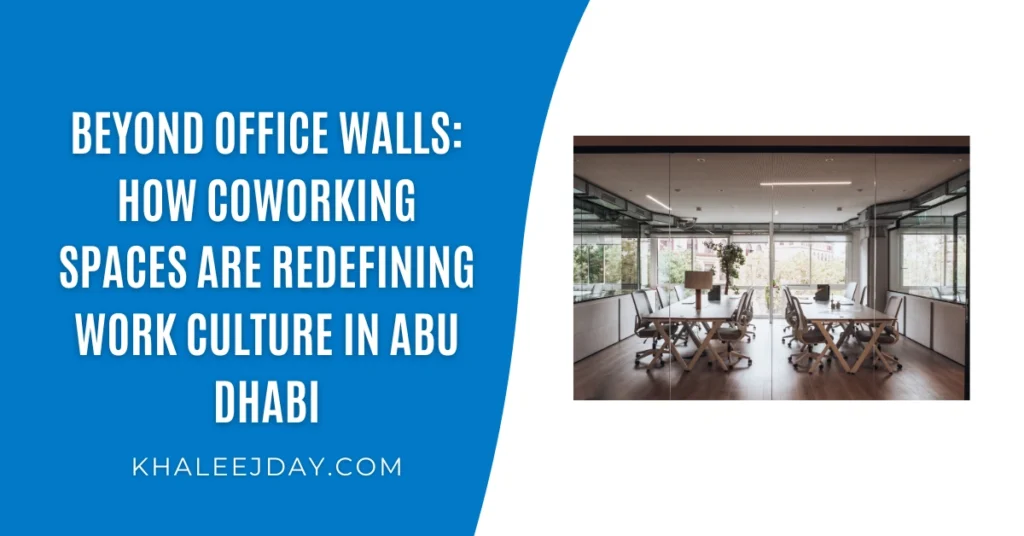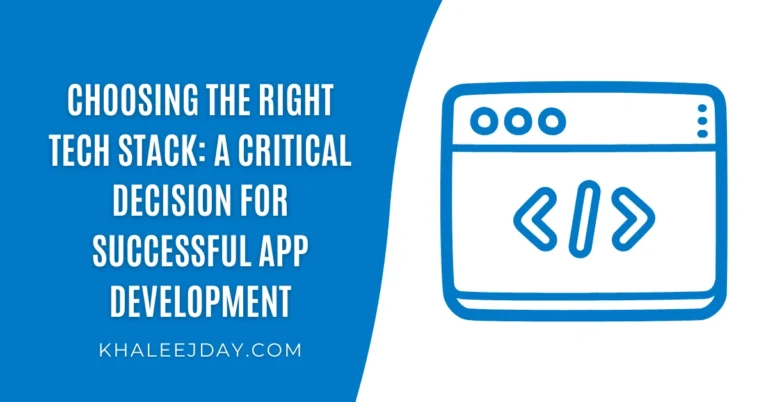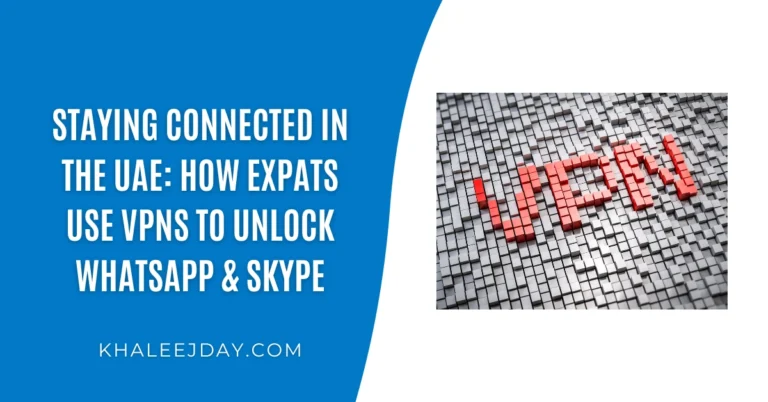Beyond Office Walls: How Coworking Spaces Are Redefining Work Culture in Abu Dhabi
The Death of the Cubicle: Why Flexibility Is the New Luxury
The world of work has outgrown its cubicles. The era of rigid offices, fluorescent lights, and the same desk five days a week is fading — replaced by something more fluid, human, and alive. In Abu Dhabi, that evolution has a name: coworking. This marks a broader shift from traditional office spaces and traditional offices to flexible workspaces that better meet the needs of today’s professionals and companies of all sizes.
At the heart of this transformation is the coworking space in ADGM (Abu Dhabi Global Market) — a symbol of how flexibility has become the new measure of success. For entrepreneurs, freelancers, and even corporate teams, flexibility is no longer a perk — it’s a priority. Flexible workspaces like these offer shared office space and private offices with all-inclusive services and amenities, reducing hidden costs and administrative burdens for any company.

Modern professionals crave freedom: the ability to choose where, when, and how they work. Sky Hub, one of ADGM’s most forward-thinking coworking spaces, understands this better than anyone. Here, members aren’t confined to walls — they’re empowered by options. A private suite one day, a shared hot desk or shared office space the next. Work by the window, collaborate in the lounge, brainstorm on the terrace — it’s all part of the new rhythm of professional life. Unlike traditional setups that require long-term contracts, coworking spaces offer the flexibility to adapt as your company grows.
Because true luxury in today’s world isn’t a bigger office. It’s the ability to work your way — surrounded by people who are building, innovating, and growing just like you. And with the cost-effectiveness of coworking spaces, you gain access to premium facilities in prime locations without the hefty price tag of traditional office spaces.
From Individual to Collective: How Coworking Fosters Belonging
If the old office was about hierarchy, the coworking model is about humanity. The rise of co-working in Dubai has transformed the workplace from a silo into a community, driving innovation and supporting the city’s dynamic business ecosystem.
In co-working spaces like Sky Hub, the energy is different. People don’t whisper; they share. Ideas bounce across tables, strangers become collaborators, and introductions turn into opportunities. It’s the kind of environment where a fintech founder can find a UI designer over coffee — or a freelance consultant can meet her next client in the pantry. Sometimes, a casual chat with someone at the next table leads to unexpected collaborations and new business opportunities.
That’s because coworking isn’t just about where you sit — it’s about who sits beside you. Shared offices offer a modern alternative to traditional workspaces, fostering flexibility, community, and support for startups and SMEs. It’s about belonging.
The coworking space Abu Dhabi movement thrives on connection. Sky Hub nurtures this spirit by hosting member mixers, learning sessions, and community lunches. Even a simple chat over a cappuccino can spark a partnership that grows into something real. Co-working spaces support community and innovation, helping entrepreneurs and professionals build valuable networks.
When people share space, they share purpose. And in that shared purpose lies the quiet power of coworking — a daily reminder that you’re not alone in your journey. This environment also has a positive impact on company culture, boosting morale, fostering creativity, and helping teams project a credible brand image.
Tech, Design, and Mindset: The Three Pillars of Modern Workspaces
Every successful coworking space stands on three pillars — technology, design, and mindset.
Technology keeps the engine running: from 5G-speed internet and smart booking systems to AI-enabled tools that automate workflows. At Sky Hub, even the smallest detail — like instant printer access or app-based room reservations — is designed to make work effortless. These spaces are especially attractive to tech startups seeking a supportive environment and advanced digital infrastructure. Coworking spaces also accommodate remote staff and remote workers, providing flexible solutions for distributed teams. Unlike traditional static environments such as conventional offices and factories, modern coworking spaces are dynamic and adaptable, supporting a decentralized workforce. Additionally, coworking spaces are available in various locations, making it easy for businesses to find the right fit for their operational needs.
Design is the invisible motivator. Modern coworking environments blend aesthetics with psychology. Open layouts foster creativity, natural light fuels mood, and quiet zones enable focus. Sky Hub’s interiors are built to inspire — minimal, balanced, and modern — where every element says “think bigger.” These office spaces often feature premium amenities, such as high-end furnishings, wellness rooms, and on-site cafes, enhancing the workspace experience and providing a competitive edge.
But the real transformation comes from mindset — the cultural shift from “clocking in” to creating impact. Coworking spaces embody that philosophy. They attract doers, dreamers, and disruptors who see work not as a task but as a craft.
It’s a mindset built on trust, independence, and purpose. The belief that when people feel free, they produce their best work.
And it’s that mindset that’s reshaping what “office” even means. Notable examples of modern coworking spaces include Cloud Spaces in Yas Mall, Abu Dhabi, known for its sophisticated design and photogenic interior.
Empowering Change: Government Support and Initiatives in Abu Dhabi’s Coworking Revolution
Abu Dhabi’s coworking revolution isn’t just a grassroots movement—it’s a vision actively championed by the government. Recognizing the critical role that coworking spaces play in driving business growth, innovation, and a vibrant community, the government has rolled out a suite of initiatives designed to empower professionals, startups, and established companies alike.
At the heart of this transformation are Abu Dhabi’s free zones, which have become magnets for businesses seeking flexible, cost-effective office spaces. These zones offer a strategic location for companies to establish themselves, with access to top-tier amenities, high-speed internet, and a full spectrum of networking opportunities. Whether you’re looking for private offices, virtual offices, or state-of-the-art meeting rooms, these coworking spaces are designed to meet the unique needs of a global workforce.
The government’s commitment to flexible work arrangements is another game-changer. By supporting remote work and hybrid teams, Abu Dhabi has made it easier for companies to adapt to the demands of a dynamic, international talent pool. This flexibility is reflected in the design of coworking spaces, where mental health and well-being are a critical element—think wellness rooms, ergonomic office design, and services that prioritize the well-being of employees.
But the support doesn’t stop at infrastructure. Abu Dhabi’s government actively cultivates a culture of collaboration and creativity through a calendar of networking events, workshops, and training sessions. These gatherings bring together professionals from diverse backgrounds, sparking innovation and building a sense of community that extends far beyond office walls. Partnerships with local experts and industry leaders provide mentorship and guidance, helping startups and small businesses navigate the challenges of growth and scale.
The results speak for themselves: Abu Dhabi has seen a surge in coworking spaces, a flourishing of startups, and an influx of top talent from around the world. Flexible schedules and remote work are now the norm, not the exception, leading to happier, more productive employees and a thriving business ecosystem.
From the iconic skyscrapers of downtown Abu Dhabi to the creative energy of Dubai Marina, the city’s coworking spaces offer more than just a place to work—they provide a launchpad for innovation, collaboration, and future success. As Abu Dhabi continues to evolve, the government’s forward-thinking approach ensures that coworking plays a critical role in shaping the future of work, business, and community in the region.
ADGM as a Testbed for the Future of Work: Why It’s Happening Here First
Few places in the world embody the future of work like ADGM.
Perched between finance and innovation, ADGM isn’t just a business district — it’s a living experiment in what modern work can become.
Here, government regulators, fintech pioneers, and global companies operate side by side, proving that productivity doesn’t require walls — it requires collaboration, trust, and adaptability.
Coworking spaces in ADGM, especially Sky Hub, have become the testing grounds for next-generation work culture. They’re where AI-driven workflows meet human creativity. Where freelancers, startups, and global firms share not just infrastructure but ideas.
Sky Hub’s 24/7 access, flexible contracts, and community-driven design reflect a deeper philosophy: work is no longer a place you go — it’s something you belong to.
And that’s why ADGM is leading the movement. It’s not waiting for the future of work — it’s building it, one coworking desk at a time.
Conclusion: The Heartbeat of a New Work Era
The office as we knew it is gone. What replaces it isn’t chaos — it’s connection.
It’s collaboration over competition. Purpose over paperwork.
It’s the heartbeat of modern Abu Dhabi — beating strongest inside coworking spaces in ADGM like Sky Hub.
Because in the end, the future of work isn’t about tearing down walls — it’s about what happens once they’re gone.






